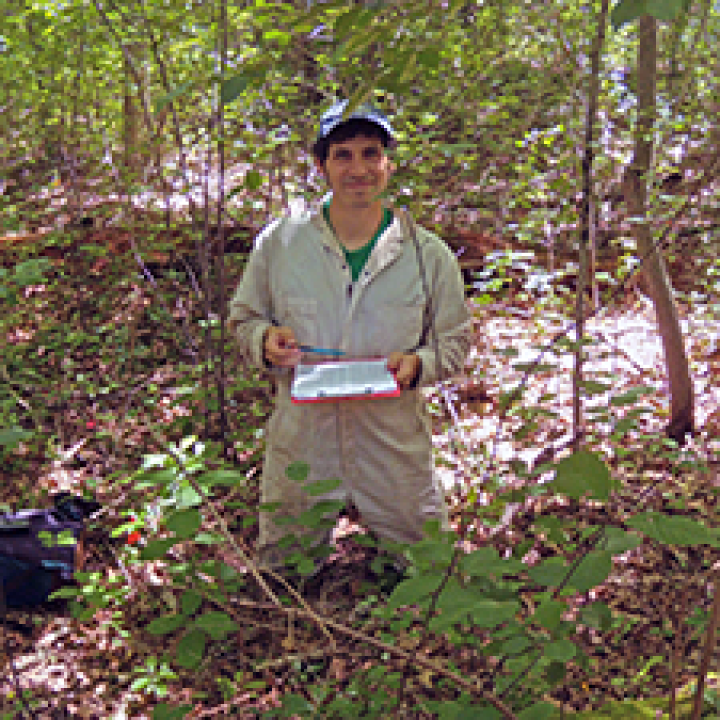
Matthew Aiello-Lammens
Assistant Chair
Biography
Faculty Bio
I am a ecologist with interests in conservation biology, plant ecology, demography, community dynamics, and quantitative methods. I am also dedicated to protecting natural places and biodiversity.
Education
PhD, Stony Brook University, Stony Brook, New York, 2014
Ecology and Evolution
BA, Columbia University, New York, New York, 2003
Physics
Research and Creative Works
Research Interest
Ecology, plant ecology, invasion biology, global change biology, quantitative ecology
Courses Taught
Past Courses
ENS 511: Plant Ecology and Conservation
ENS 610: Environmental Science I
ENS 623: Research & Statistical Methods
ENS 772: Thesis Preparation
ENS 792: Rsrch in Envrnmntl Sci I
ENS 793: Rsrch in Envrnmntl Sci II
ENS 798: Tpc: Environmental Science
ENV 100: Water, Wildlife and Windmills
ENV 110: Nature & Culture: Connections
ENV 221: Envrmntl Sci: Web of Life
ENV 498: Mentoring Seminar
ENV 499: Senior Year Exp/Environmental
EP 603: Envrnmntl Sci for Policymakers
EP 610: Cntmpry Issues in EP: Capstone
ESP 610: Prncples of Envrnmntl Sci
ESP 772: Thesis Preparation
ESP 792: Research 1
ESP 793: Research II
LAW 802: Science for Env. Lawyers
MAT 141: Intro Stats for the Life Sci
Professional Contributions and Service
Professional Memberships
- New York Flora Association
- Torrey Botanical Society
- American Association for the Advancement of Science
- Ecological Society of America [Chair of Early Career Ecologists Section]
- Society for Conservation Biology